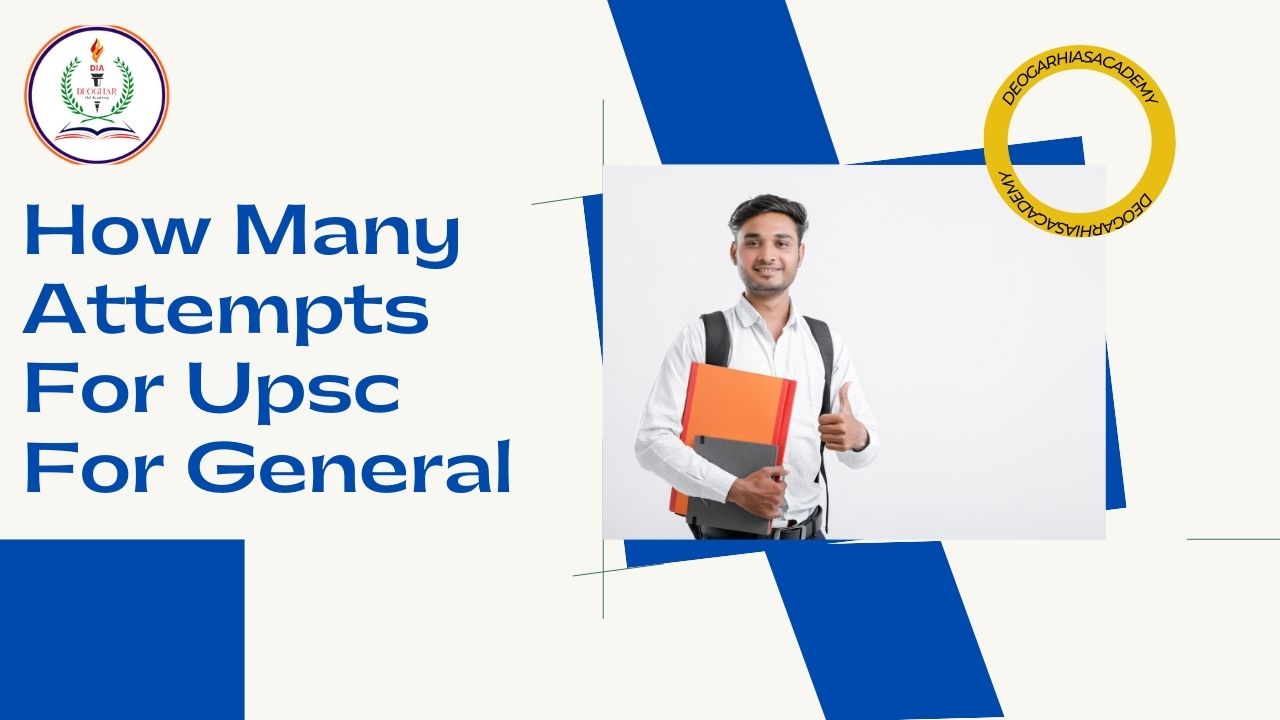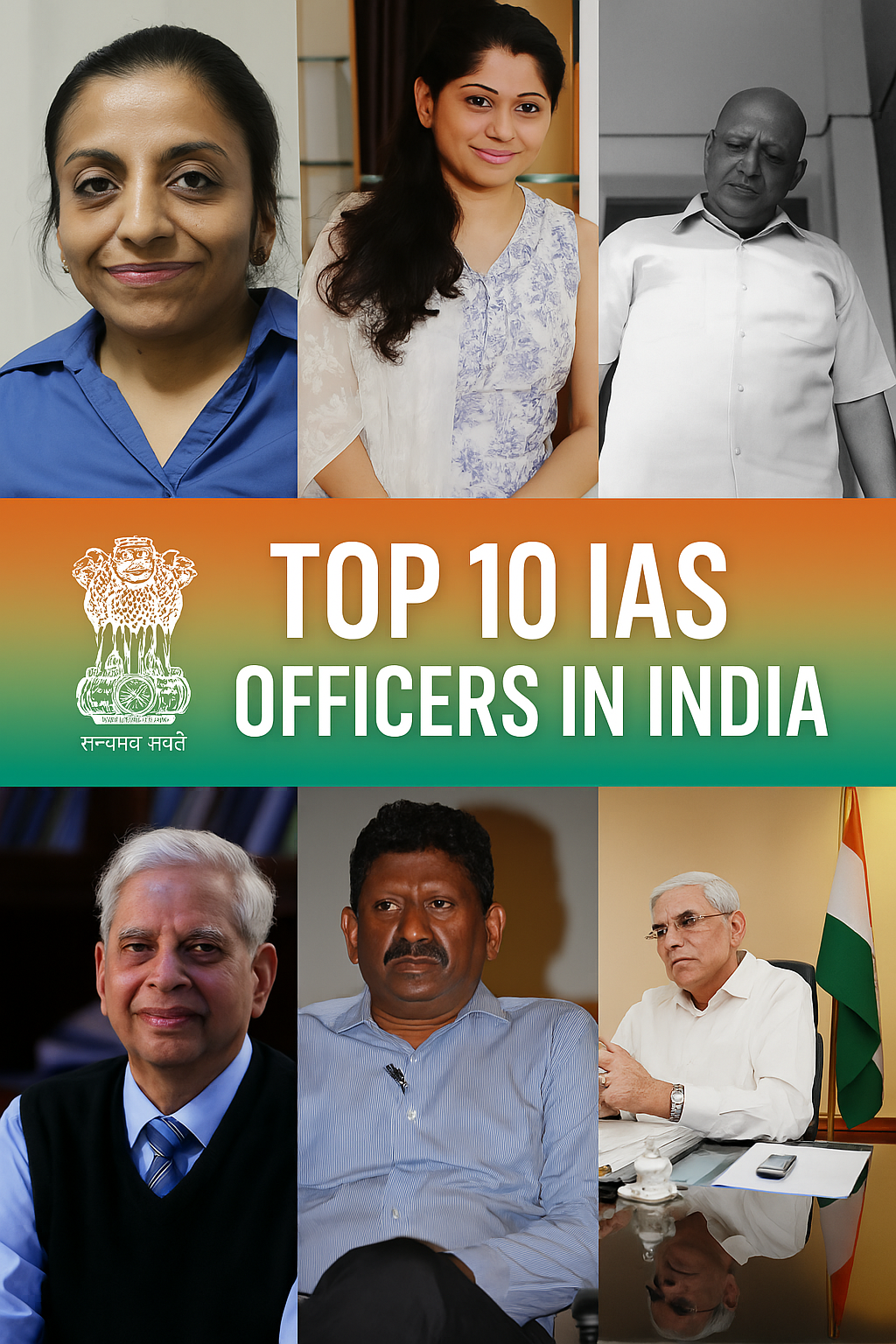The Union Public Service Commission (UPSC) test is regarded as one of the most popular and competitive exam in India. It is the direct point of entry for a number of civil service articles, including the Indian Administrative Service (IAS), Indian Foreign Service (IFS), and Indian Police Service (IPS). Passing through the UPSC test requires dedication, hard work, and a perfect strategy. It is not just about academic excellence, but also about having the right approach along with the abilities for serving the country successfully. The UPSC examination can be cracked with the best upsc coaching in India along with a lot of hard work.
The UPSC test has three stages: the preliminary examination, the main examination, and the interview. It is a tough test of a candidate’s knowledge, ability to analyze, and aptitude for public service. The exam is highly competitive, with all the applicants competing for a small number of spots.
Brief Overview of UPSC Exam and Its Significance
The number of attempts allowed for the UPSC evaluation is critical for candidates. It affects how many opportunities candidates have to successfully complete the test and achieve their goal of civil service position. Understanding the attempt limit is essential for candidates to plan their preparation effectively.
Eligibility for EWS Relaxation under UPSC
EWS (Economically Weaker Sections) is a category of candidates who are from families with annual earnings below a specific level. The criteria for EWS eligibility are established by the government and can shift from time to time.
Overview of the Relaxation Benefits Provided to EWS Candidates
EWS applicants are entitled for various relaxation advantages under the UPSC test. These benefits might include:
- Age relaxation: EWS candidates may be enabled more age relaxation than typical category candidates.
- EWS applicants may be excused from paying some UPSC exam costs.
Submission of EWS Certificate
Candidates for the EWS must show a valid EWS certificate for them to be eligible for the added benefits. The government-approved authorized entity must have issued the certificate.
The process for submitting an EWS certificate varies according to the specific demands of the UPSC test. Candidates should carefully read the official announcement and instructions to ensure they’ll submit the certificate correctly and by the deadline.
How Many Attempts for UPSC?
Number of Attempts Allowed for General Category Candidates
General category candidates have a maximum of six tries in the UPSC examination. The age limit is applicable to candidates who are not 32 years older as of August 1 of the year of the Civil Services Preliminary Examination.
Comparison with Attempts Allowed for Other Categories (OBC, SC/ST)
Other groups, such as OBC (Other Backward Classes), SC (Scheduled Castes), and ST (Scheduled Tribes), have more attempts allowed. This is meant to provide them a greater chance to succeed in the exam and gives them an advantage over the general category.
Important Considerations and Implications of the Attempt Limit
Also other categories like Other Backward Classes (OBC), Scheduled Castes (SC) along with Scheduled Tribes ( ST), have a much higher number of attempts allowed. These extra opportunities are given only to these classes and not the general class which has only 6 attempts till the age of 32.
The UPSC test attempt limit is a major factor that candidates should know about. To maximize your chances of success in the limited number of attempts, you need to work really hard to achieve success in the exams.
Tabular Form for different category of candidates:
Here is a table for number of attempts for all the category of candidates for UPSC
| Category | Age Limit | No. Of attempts |
| General | 32 | 6 |
| OBC | 35 | 9 |
| SC/ST | 37 | Unlimited |
| PwBD | 42 | 9 for General & OBC Unlimited for SC/ST |
| EWS | 32 | 6 |
Strategies for Effective UPSC Preparation Within Limited Attempts
Given a limited number of UPSC test attempts, it is important to have a well-planned and successful preparation strategy. There are upsc best online coaching or the Best upsc coaching in india that teach offline classes for the best preparation for UPSC. Here are some suggestions to help you make the most out of your attempts:
- Recognize the syllabus: To identify your strengths and weaknesses, go to the finished UPSC syllabus. This allows you to focus on the subjects that need more time while setting goals for your studies.
- Make a Study Plan: Make a proper study plan that is according to your goals for learning and study style. Think about how you learn, time constraints, and your areas of strength and weakness.
- Join a great coaching institute: Enroll in a reputable coaching institute. A good coaching center can give you study materials, practice exams, and professional advice. Deoghar IAS Academy is a well-known coaching institute providing high-quality UPSC preparation.
- Practice on a regular basis: Solve questions from previous years and practice tests to measure your progress, find areas for development, and improve exam confidence. Regular practice will also help you get used to the test style and time management.
The Role of Coaching Institutes in UPSC Preparation
Coaching institutions play a significant role in preparing applicants for the UPSC test. Best UPSC coaching in India offers expert guidance, complete learning resources, and practice examinations that can significantly boost your chances of success. Deoghar IAS Academy is the best UPSC coaching in India offering high-quality UPSC preparation and the best upsc best online coaching as well as great for offline classes.
Conclusion
The number of UPSC exams is a big factor that candidates should consider. You need to understand the attempt limit, and effectively organizing your study can multiply your chances of clearing the exam. Deoghar IAS Academy can provide you with the perfect guidance, and support that you need to realize your goal to become a public servant





